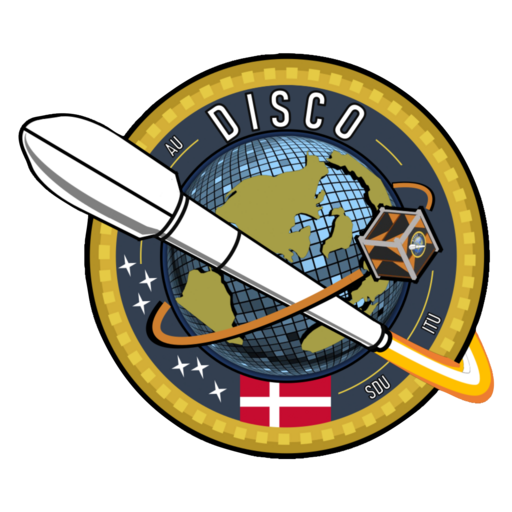
The Danish Student CubeSat Program (DISCO), which is a collaboration between Aarhus University, University of Southern Denmark, the IT University and the European Space Education Resource Office was initiated to increase the number of candidates from Danish universities with competences within space. To do that we want to use CubeSats to increase the interest in STEM and space from Danish high-school students.
The collaboration has received 4.25 MDKK from the Danish Industry Foundation to support the launch of the first three with 800,000 DKK each and to cover the high-school activities. The first satellite in the program, DISCO-1, will be launched in early 2023. This satellite will carry a number of satellite communication experiments.
CubeStats are particularly well-suited for this, as they require collaboration, are interdisciplinary and possess a high degree of x-factor. Until now, the launch of CubeSats from Danish universities has been borne by individuals and limited funds. With DISCO, a national organization is being created for the first time, which will collaborate to create a pipeline of CubeSats-based educational courses at Danish universities.
The DISCO program was launched with a start-up grant from the Danish Industry Foundation of DKK 4.5 million, which covers the launch of the first 3 cubesats in the program. This appropriation covered the very basic costs of securing the launch of 3 satellites, so more ambitious missions require additional funding.
The program started with the launch of a 1U cubesat, DISCO-1, in 2023. The project was led by staff at Aalborg University, and the satellite contained a digital repeater, which high school students could also experiment with using mobile ground stations. DISCO-1 burned up in the atmosphere in January 2025.
The second satellite in the DISCO program, DISCO-2, is a 3U CubeSat scheduled for launch in February 2026. Students from the three universities are involved in all aspects of the mission, from concept and design to integration, testing, and operations once the satellite is in orbit. DISCO-2 will contribute to climate research by studying the dynamics of glaciers in the Arctic.
The third satellite in the DISCO program entered its design phase in 2025, where a student group from Poland built a structure for a 1U CubeSat. DISCO students are currently working on avionics and solar cells. The scientific focus of the mission has not yet been determined.
The fourth satellite in the DISCO program also began development in 2025. A group of students from Aarhus University is working on building a 1U CubeSat designed to study the behavior of stem cells under microgravity and the effects of solar radiation.
The series of DISCO satellites is expected to continue.